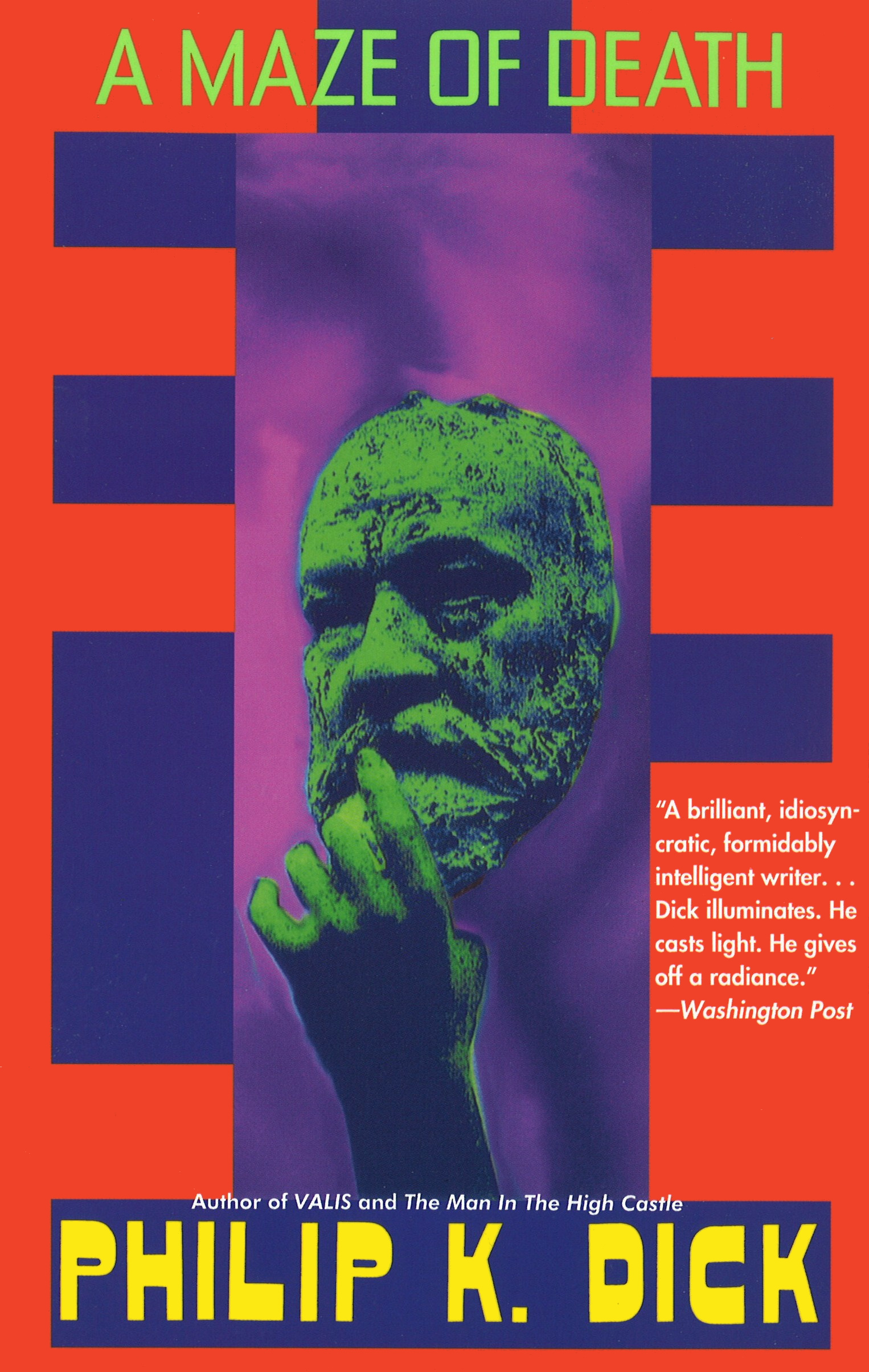
Dhalgren
Book Description
A city lies in ruins, a kaleidoscope of shattered dreams and echoing chaos, where the boundaries of reality blur and identity bends. As Bellona erupts into vivid madness, with its inhabitants navigating danger, desire, and the search for meaning, one man’s quest to uncover his own fragmented self leads him through a surreal landscape of passion and peril. Relationships ignite and unravel amidst the chaos, while the mysteries of love and existence hang in the air like smoke. What will remain when the dust of this uncharted place settles, and can anyone truly find themselves in a world stripped of certainty?
Quick Book Summary
"Dhalgren" by Samuel R. Delany is a surreal exploration of chaos, identity, and meaning amid the ruins of Bellona, an American city cut off from the world by mysterious calamity. The protagonist, known only as the Kid, wanders the shifting, dreamlike landscape, his memory fractured and sense of self elusive. Through interactions with the city’s strange inhabitants—gang members, poets, lovers, and drifters—the Kid becomes both observer and participant in Bellona’s anarchic rhythms. The novel blurs boundaries of time, gender, and perception, with language unraveling to reflect the city’s own mutable reality. As the Kid seeks purpose and connection, "Dhalgren" confronts questions of authorship, sexuality, and the search for meaning in a world stripped of order, inviting readers to experience fiction as an immersive, subjective puzzle.
Summary of Key Ideas
Table of Contents
The Shifting Nature of Identity
"Dhalgren" immerses readers in Bellona, a city transformed by inexplicable disasters into an isolated, dreamlike world detached from conventional time and society. The city is enveloped by perpetual haze and shifting landscapes, where the rules of reality are constantly in flux. At the center stands the Kid, a young man with amnesia, uncertain even of his own name. His arrival in Bellona sets the stage for a journey of self-exploration in an environment where memory and identity are as unreliable as the city’s physics.
Reality, Perception, and Surrealism
Identity is mutable throughout "Dhalgren." The Kid’s fluid persona—his race, sexuality, and sanity all in question—mirrors the city’s own shifting boundaries. Relationships formed with characters like Lanya and Denny highlight the struggle for intimacy when selves are never fixed. Delany uses the Kid’s fragmented memories and ambiguous origins to deconstruct the very idea of a stable identity, proposing that in a world so fractured, any sense of self is provisional at best.
Society, Chaos, and Community
Society in Bellona is a study in chaos and reformation. The city’s inhabitants, freed from typical governmental or social structure, create ad hoc communities governed by necessity, violence, and fleeting alliances. Gangs roam the streets, communal groups form and dissolve, and survival becomes a daily negotiation. Yet even in chaos, people seek belonging and meaning, cobbling together trust and affection amid destruction. Delany explores how individuals adapt to extreme uncertainty and forge connections in a world where old norms no longer apply.
Sexuality and Human Relationships
Sexuality and sensuality pervade life in Bellona, depicted with a frankness that was groundbreaking for the time. Queer sexuality, unconventional relationships, and communal intimacy are portrayed as both liberating and complex. Sexual encounters become means of connection, assertion of self, and negotiation of power. Delany uses these relationships to challenge traditional boundaries and further blur the lines defining self, other, and society, suggesting that desire and empathy might persist even in fractured realities.
Language, Authorship, and Meaning
Language in "Dhalgren" is as mutable as the setting, with nonlinear narratives, metafictional devices, and shifting perspectives. The novel openly questions authorship through the Kid’s writing and poetry, looping narrative structures, and the presence of a mysterious notebook. Delany’s experimental prose immerses readers in the uncertainty of Bellona, demanding active engagement with shifting meanings and unresolved mysteries. Ultimately, "Dhalgren" invites reflection on the transformative power of language, suggesting that in chaos, storytelling itself becomes an act of survival and self-invention.
Download This Summary
Get a free PDF of this summary instantly — no email required.





